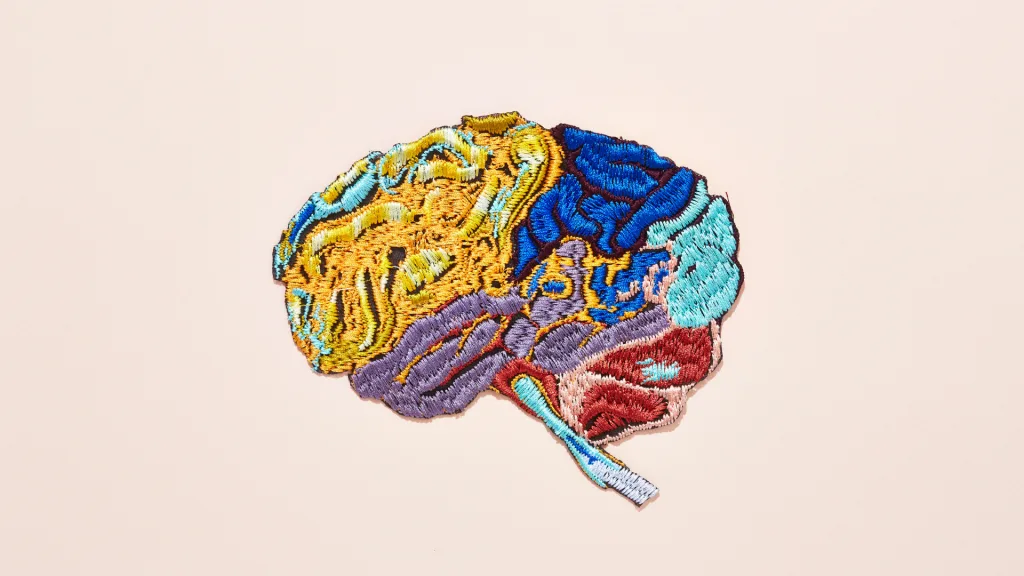
"Every living organism contains a library of genetic information refined by billions of years of evolution, optimizing solutions for survival and adaptation at a scale we're beginning to comprehend."
"Synthetic fertilizers have reduced the activity of nitrogen-fixing microbes in soil, leading to environmental degradation and dead zones in waterways."
"The concept of working with biological systems rather than replacing them with machines offers a collaborative promise through biotechnology, enhancing natural processes for agricultural efficiency."
"By reawakening dormant nitrogen-fixing abilities in soil microbes, it's possible to create living systems that work alongside farmers to optimize nutrient delivery and crop yields."
Every organism contains genetic data optimized by evolution over billions of years. This natural intelligence offers insights into collaboration between biology and technology. The use of synthetic fertilizers has silenced many nitrogen-fixing soil microbes, contributing to environmental issues such as dead zones in waterways. A new approach involves reawakening these microbes, enabling them to assist farmers in delivering nutrients optimally. By leveraging dormant capabilities in these organisms, a partnership between agricultural practices and biological systems can be established for enhanced crop growth and sustainability.
#biotechnology #genetic-engineering #sustainable-agriculture #nitrogen-fixation #environmental-science
Read at Fast Company
Unable to calculate read time
Collection
[
|
...
]